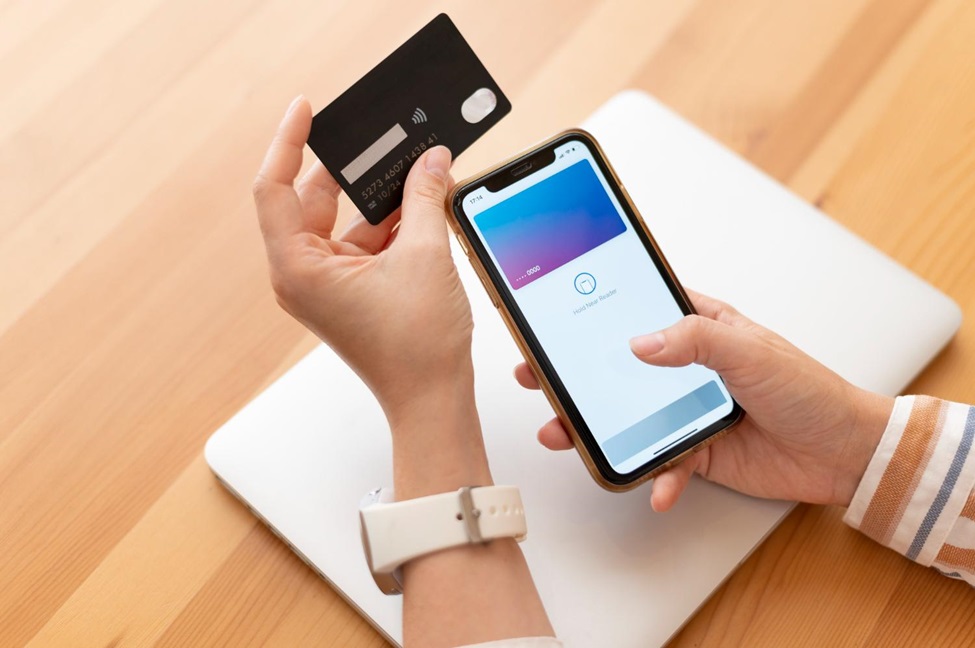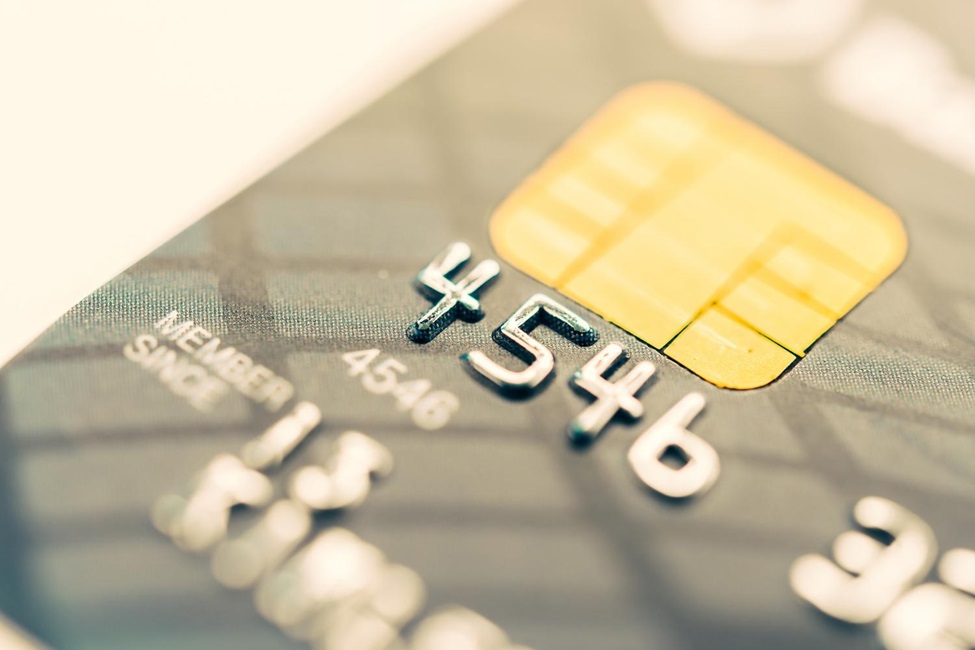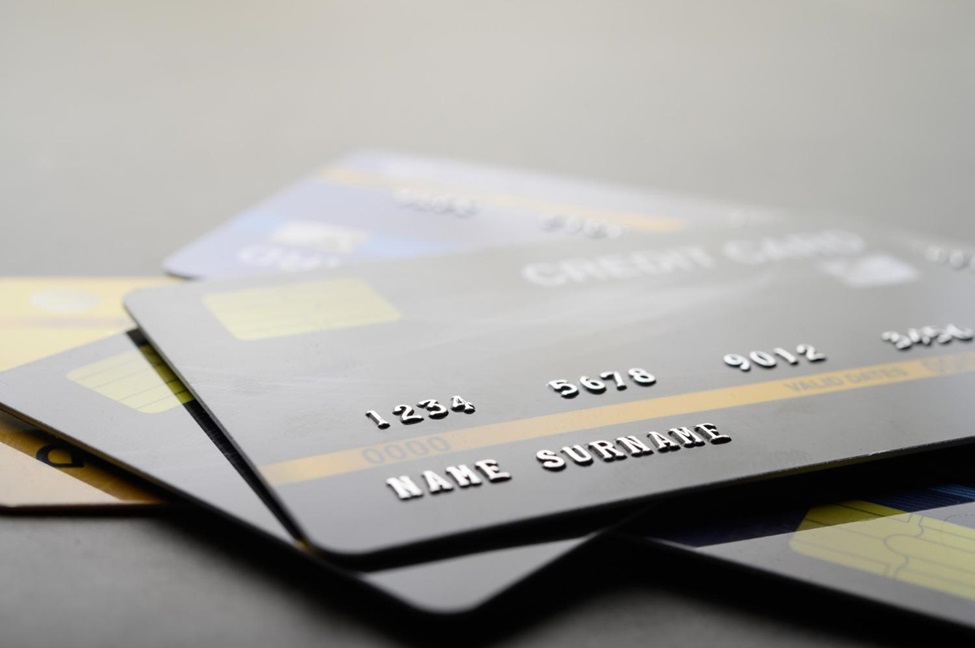Smart Ways to Use Your Credit Card Without Falling Into the Debt Trap
In the digital age, credit cards have become an essential financial tool, offering unmatched convenience for everything from shopping and dining to traveling. However, if not used wisely, this powerful card can turn into a financial burden, trapping users in a difficult cycle of debt. Overspending beyond one’s means and missing timely payments are common mistakes that can lead to serious negative consequences.
Understanding the True Nature and Benefits of Credit Cards
 Caption: Using your credit card the right way helps you build a strong credit history for the future.
Caption: Using your credit card the right way helps you build a strong credit history for the future.
Before diving into the rules of using credit cards, it’s important to understand their core nature and key advantages. Essentially, a credit card is a form of bank loan that lets you "spend now, pay later" within an approved credit limit.
- Financial Flexibility: Credit cards provide a flexible financial backup, making it easier to cover unexpected expenses or big purchases without needing the full amount of cash upfront.
- Convenience and Safety: Paying with a credit card eliminates the risks of carrying large amounts of cash. Plus, every transaction is recorded, helping you track and manage your spending easily. Modern security technologies like EMV chips and OTP codes also enhance cardholder protection.
- Build Your Credit History: Using your credit card responsibly and making full, on-time payments is the most effective way to build a strong credit history. A high credit score will be a big advantage when you need to borrow for bigger goals in the future, like buying a house or a car.
- Countless Attractive Perks: Banks often offer exclusive promotions for credit cardholders, such as cashback, reward points to redeem gifts or flight miles, and direct discounts at partner stores, restaurants, and hotels.
10 Golden Rules for Smart Credit Card Use
Knowing these benefits is just the start, you also need to follow these important rules to ensure your credit card use is safe and financially effective.
1. Understand All Terms and Fees Clearly
When you receive your credit card, it usually comes with a thick document full of terms and conditions. Many people tend to skip reading this, which is a big mistake. Not fully understanding the rules can lead to unnecessary fees.
Take the time to carefully read and grasp the important details below:
- Annual Fee: The yearly charge you pay to keep your card active.
- Interest Rate: The rate applied when you don’t pay off your full balance by the due date.
- Grace Period: The interest-free period (usually between 45-55 days) during which you can “borrow” the bank’s money for spending without incurring interest.
- Late Payment Fee: The penalty charged if you fail to pay at least the minimum amount by the due date.
- Cash Advance Fee: A very high fee (usually around 4%) plus immediate interest charges that apply when you withdraw cash using your credit card.
- Statement Date and Payment Due Date: These are two important dates you need to remember each month.
2. Set a Credit Limit That Fits Your Budget
Banks often offer credit limits two to three times, or even higher than, your monthly income. While a high credit limit might seem attractive, it can also tempt you to overspend. Financial experts recommend keeping your credit limit at about 50% of your monthly income. This helps ensure you can always pay off your full balance each billing cycle and avoid falling into mounting debt.
3. Always Pay Your Full Balance on Time
 Caption: Paying on time is the most important rule to build a good credit history.
Caption: Paying on time is the most important rule to build a good credit history.
This is the key to avoiding high interest charges and building a strong credit score. Make it a habit to pay off the full statement balance shown on your monthly bill. If you can’t pay the full balance, you must at least pay the minimum amount required by the bank to avoid being reported as a bad debtor and incurring late payment fees. However, remember that the remaining balance will still accrue very high interest. Therefore, paying off your full balance should always be your top priority.
4. Minimize Cash Withdrawals from Your Credit Card
Many people mistakenly think credit cards can be used like debit cards (ATMs) to withdraw cash. This is a serious financial mistake. When you withdraw cash using your credit card, the bank charges a very high cash advance fee (usually around 4% of the amount withdrawn), and interest starts accruing immediately with no grace period. Consider cash withdrawals as a last resort and only use them in real emergencies.
5. Protect Your Card Information
 Caption: "Protecting your CVV code and personal information is the first step to secure transactions."
Caption: "Protecting your CVV code and personal information is the first step to secure transactions." All the information printed on your credit card is sensitive. Be sure to keep it safe by:
- Card Number, Expiry Date, and Cardholder Name: Never share photos of the front of your card on social media or with anyone you don’t trust.
- CVV/CVC Code (the 3-digit number on the back): This is the key to making online transactions. If scammers get hold of this code, they can use your card for online shopping. A handy tip is to memorize these three numbers and cover them with a small sticker.
- PIN (Personal Identification Number): Don’t choose an easy-to-guess PIN and never share it with anyone, even if they claim to be bank staff.
Also, follow these important security rules:
- Never lend your card to others.
- When paying at the counter, watch the cashier closely and get your card back immediately after the transaction.
- When using payment terminals (POS machines), always keep your card in sight to avoid data theft.
- Only make transactions on trusted websites with secure “https://” URLs.
- If your card is lost, report it immediately to your bank’s hotline to request an emergency card block.
6. Keep Your Receipts and Review Monthly Statements
Make it a habit to keep your payment receipts to cross-check with the monthly statements your bank sends you. Doing this helps you to:
- Verify the accuracy of all transactions.
- Detect any unusual transactions you didn’t make early on.
- Manage your spending better by reviewing what you’ve paid during the billing period. If you notice any errors, contact your bank immediately to resolve the issue.
 Caption: Matching receipts with your statements helps you control spending and catch mistakes early.
Caption: Matching receipts with your statements helps you control spending and catch mistakes early. 7. Don’t Own Too Many Credit Cards
Using multiple credit cards at the same time can make it hard to manage your spending and easy to forget payment dates for each card. Without good management, you might overspend and pay unnecessary annual fees. For an average income, owning 1-2 credit cards from different banks to take advantage of various perks is reasonable.
8. Make the Most of Reward Programs
This is how your credit card can “earn money” for you. Regularly check for promotions, cashback offers, and reward point programs provided by your bank. Planning your spending around these offers can help you save a significant amount. For example, use a card with high cashback for online purchases, or a card that accumulates frequent flyer miles when booking flights.
9. Choose the Right Card for Your Needs
Each type of credit card is designed with specific features and benefits tailored to different customer groups. If you’re a frequent traveler, choose a card that offers perks like airline miles, airport lounge access, and travel insurance. If you’re a shopping enthusiast, a card with high cashback rates for purchases at malls or e-commerce sites will be your best bet. Choosing the right card helps you maximize the benefits you receive.
 Caption: Choose the right card to match your needs and maximize the benefits you receive.
Caption: Choose the right card to match your needs and maximize the benefits you receive. 10. Monitor Your Personal Credit Score
Your credit score, compiled by the National Credit Information Center (CIC), reflects your borrowing and repayment history. A good credit score not only makes it easier to get approved for future loans but can also help you secure better interest rates. Timely credit card payments are the most important factor affecting this score.
Credit cards are powerful financial tools that offer many conveniences and economic benefits. However, this power requires users to have knowledge, discipline, and responsibility. By following the 10 golden rules mentioned above from choosing the right credit limit, understanding fees, making timely payments, to protecting your information and maximizing rewards you can take full control of your card.
To explore credit card products with attractive offers tailored for the Vietnamese market, learn more at Kasikornbank Vietnam.
We are always ready to accompany you on your journey to financial independence.